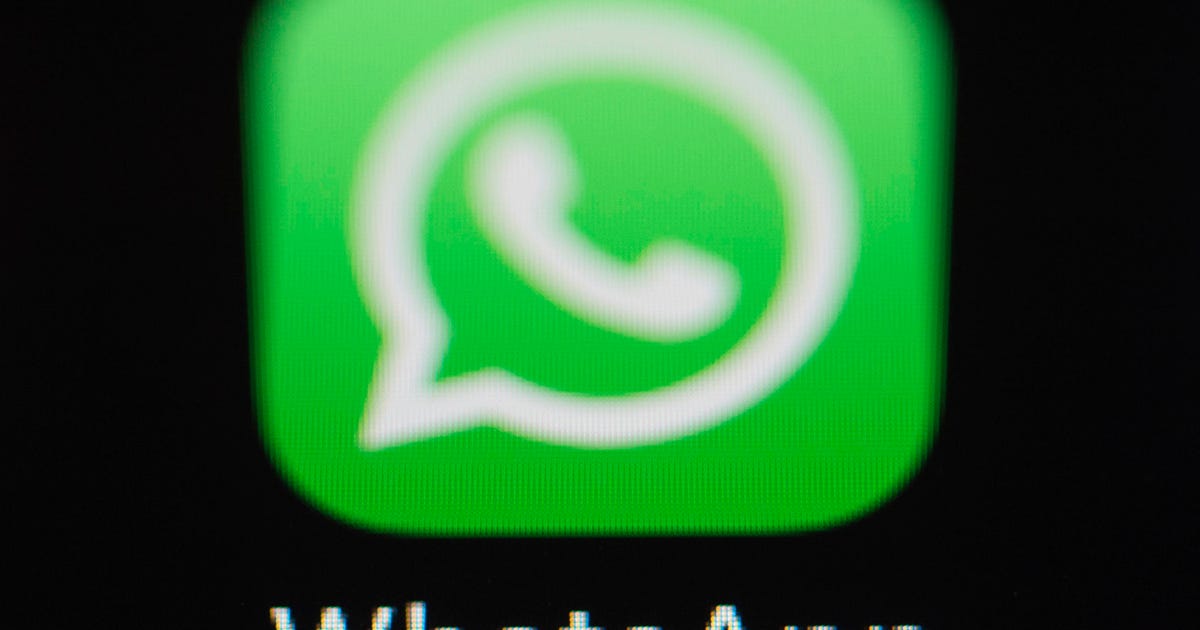WhatsApp Rumors Reportedly Led To Lynchings In India
What happened to whatsapp today what happened to whatsapp why whatsapp is much famous what is happening to whatsapp what is wrong with whatsapp today why whatsapp is much famous present ceo of whatsapp

WhatsApp rumors reportedly led to lynchings in India
Five people were reportedly lynched in Dhule, India, on Sunday after a rumor that they were child kidnappers circulated on WhatsApp.
Twelve people were arrested for the murders, according to BBC, which reported the victims were members of a nomadic community that was passing through a village when they were attacked. The victims were begging when they were attacked.
One man was seen talking to a girl, which made some villagers suspicious. They questioned the group, but weren't satisfied with its answers, M. Ramkumar, a senior police official, told the BBC. The villagers took the men to a room and beat them with bamboo sticks and stones.
Rumors on WhatsApp have been linked to 12 previous deaths in India, according to the BBC. The rumors are reportedly fueled by a video shared on WhatsApp that shows a child being abducted by two men on a motorcycle. That video is actually a child safety film from Pakistan that's meant to raise awareness. An edited version circulated on WhatsApp includes text warning about "kidnappers." Local media have also reported on the rumors, giving them some legitimacy and prompting attacks on people who are unfamiliar or don't speak the regional language, according to the BBC.
More than 200 million people are registered on WhatsApp in India, a nation with 1.3 billion inhabitants. Many of the recent attacks involve assailants who are new to smartphones, The Washington Post reports, making them more susceptible to rumors spread on social media.
Last year, Indian officials threatened to imprison people responsible for disseminating fake news. But an Indian minister later admitted the government couldn't do much to stop "objectionable content" spreading on WhatsApp because it doesn't have access to encrypted messages.
WhatsApp recently added a function that lets group administrators control who can post messages, and is looking at ways to alert users when messages have been forwarded, the Washington Post reported.
Facebook, WhatsApp's parent company, has been accused of spreading misinformation and fake news, which some say helped elect president Donald Trump. CEO Mark Zuckerberg initially called the idea "crazy" before sharing a plan to eliminate fake information on the site. In January, Zuckerberg made a commitment to fix Facebook this year.
WhatsApp didn't immediately respond to a request for comment.
Source
